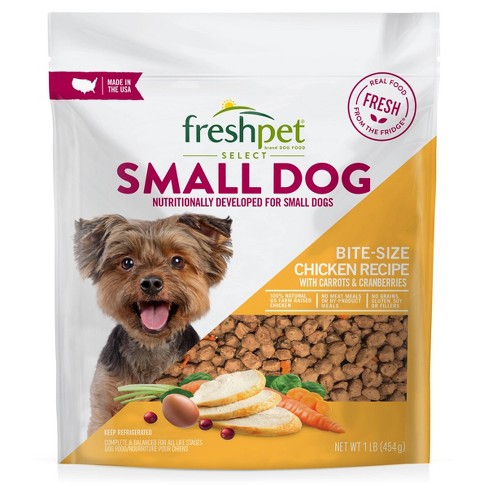AIM Uncovered
Exploring the latest insights and trends in technology and innovation.
Paws and Claws: The Surprising Ingredients in Pet Food You Won't Believe
Unlock the secrets of pet food ingredients! Discover the shocking truths behind what's really in your furry friends' meals.
Hidden Controversies: What Really Goes into Your Pet's Food?
The debate over pet food quality is increasingly in the spotlight, with hidden controversies surfacing about what actually goes into your pet's food. Many commercial brands boast of their high-quality ingredients, but pet food labels can be misleading. It's crucial for pet owners to look beyond the marketing jargon and understand the FDA guidelines regarding pet food labeling. For instance, terms like 'natural' and 'premium' lack regulatory definitions and can often mask lower-grade ingredients. Additionally, the use of by-products, fillers, and artificial additives raises eyebrows among concerned pet parents.
Another contentious issue is the sourcing of ingredients. Many pets are fed diets that contain meat sourced from unsustainable practices or questionable suppliers. Investigative reports have uncovered instances where meat by-products come from unregulated sources, which raises serious ethical concerns. Pet owners should be aware that less expensive brands may compromise on dietary quality and safety. To ensure your pet receives the best nutrition, always research brands and consider those with transparent sourcing practices and high-quality ingredients.

The Surprising Truth About Meat By-Products in Pet Nutrition
The world of pet nutrition often raises eyebrows when it comes to using meat by-products. Contrary to popular belief, these ingredients are not simply scraps but can be a valuable source of essential nutrients. According to the American Kennel Club, meat by-products include the organs and other parts of the animal that are rich in proteins, vitamins, and minerals. This means that your pet could be reaping significant nutritional benefits from these ingredients rather than just consuming muscle meat.
However, it's important to note that not all meat by-products are created equal. The quality and source of the by-products can vary widely. As pet owners, it's crucial to read labels carefully and choose products from reputable manufacturers. For more insights on how to navigate pet food labels, you can check out this resource from the American Veterinary Medical Association. Understanding what goes into your pet's food can ensure a balanced diet that supports their overall health and well-being.
Are You Feeding Your Pet Mystery Ingredients? Discover What's Lurking in the Food Bowl!
Many pet owners may unknowingly be feeding their pets mystery ingredients in commercial pet foods. It's essential to carefully scrutinize the ingredient labels on pet food packaging to avoid anything that could negatively impact your pet's health. Ingredients like by-products, artificial preservatives, and unidentified meat sources can be lurking in your pet's food bowl. A common term you'll find is 'meat meal,' which can originate from various unspecified animals and may not provide the quality nutrition your furry friend deserves.
Are you curious about what these mystery ingredients really mean for your pet? According to the American Humane Association, it's crucial to understand that not all pet food is created equal. Many brands prioritize profit over quality, resulting in subpar ingredients that can lead to long-term health issues, such as allergies and obesity. By educating yourself and opting for high-quality, transparent brands, you can give your pet a healthier, happier life and keep those mystery ingredients out of their food bowl.